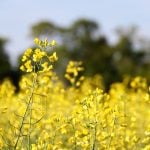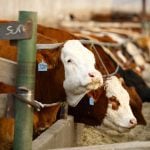
Tag Archives Sustainable agriculture

Adjusting production to lower prices is a slow process in crop agriculture
Aggregate crop production tends to remain steady in the face of lower prices, essentially locking in low prices for long periods of time

Study defines role of organic ag in feeding the world
Numerous studies point to the environmental benefits
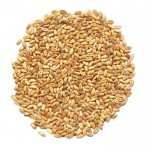
Editorial: Ideology and modern farming

High-disturbance seeding can be as erosive as a plow
Conservation tillage isn’t conserving as much soil as you thought. That’s why University of Manitoba soil scientist David Lobb says new tillage equipment is needed
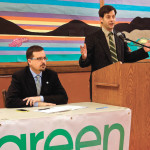
Manitoba needs a carbon tax: Beddome
Another voice is added to the debate over farming and greenhouse gas emissions in Manitoba

Farming with a focus on restoration
An experienced Ontario producer says implementing a holistic management plan would be a benefit
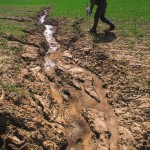
Developing a sustainable model for intensive agriculture
U.K. scientists warn on soil loss and call for biotech ‘to wean crops off the artificial world we have created for them’
Women’s 2015 conference focus on healthy soil
The Winkler event was well attended November 15 to 17

Local food systems in Manitoba on the minds of young, small farmers
Agri-food policy must focus on more than economic development and food safety
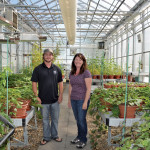
College to build weed identification garden
Assiniboine Community College looks to establish a weed identification garden to house more than 80 of Manitoba’s most common annual and perennial weeds

